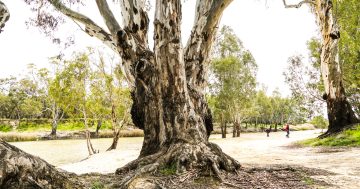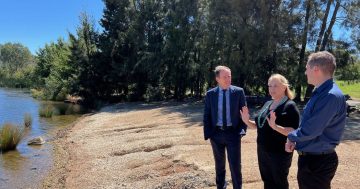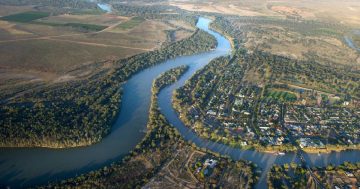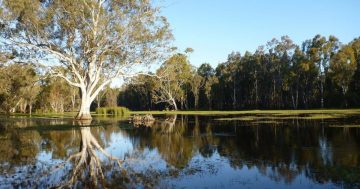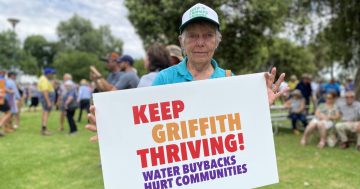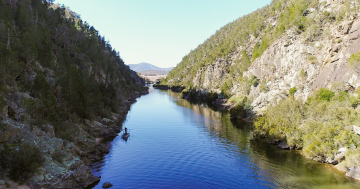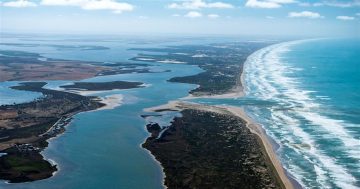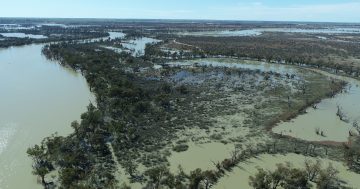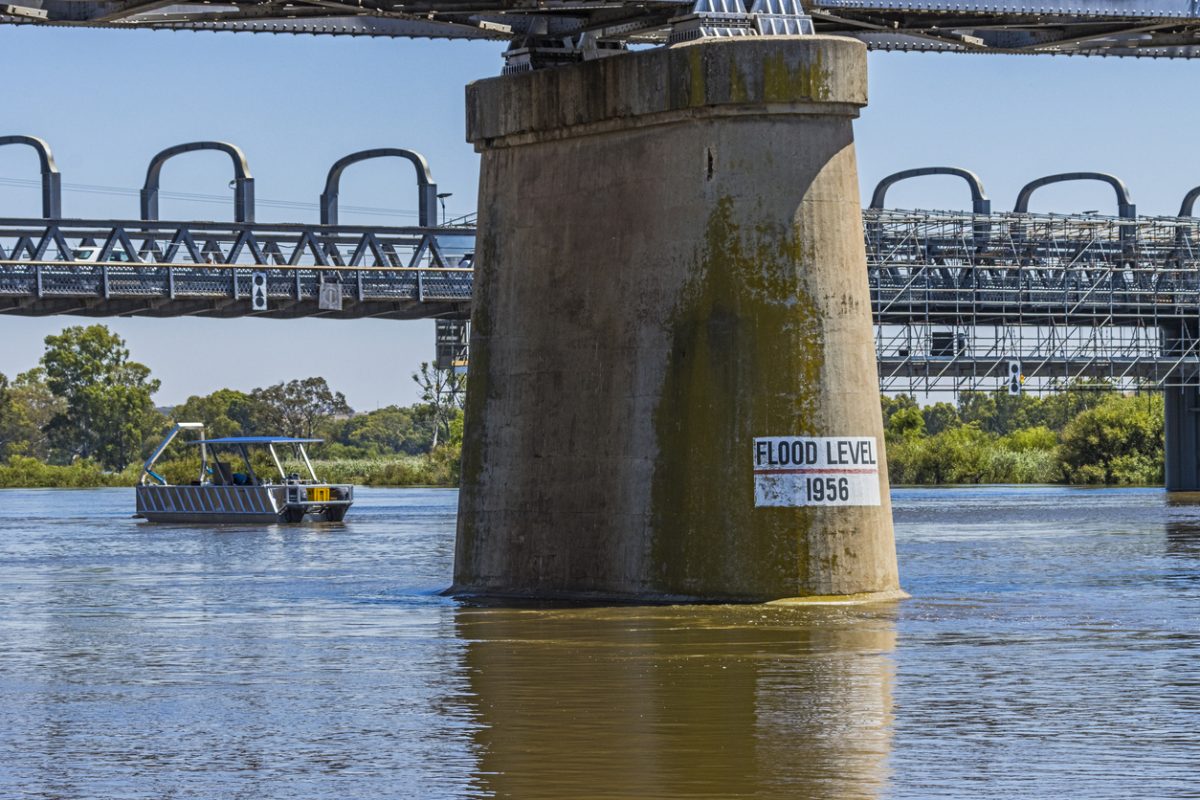
“They are not on Team SA and have abandoned our irrigators and the more than one million South Australians that rely on a healthy working river,” said Labor Deputy Premier Susan Close. Photo: File.
South Australia’s Deputy Premier Susan Close has called out Liberal MP James Stevens for voting against legislation to allow voluntary water buybacks as part of the Murray-Darling Basin Plan (MDBP).
In The Australian last month, the Federal Member for Sturt said the measure should be “considered”, but did not support the Albanese Government’s Water Amendment (Restoring Our Rivers) Bill, which now sits before the Senate after passing the lower house two weeks ago.
Among the changes to the Water Act (2007) and Basin Plan (2012) is a cancellation of the 1500-gigalitre (GL) cap on Commonwealth water purchases, and an expansion of projects intended to deliver 450 GL of water for the environment. The bill also extends the deadline for this delivery from next year to 2027, which the Deputy Premier said was due to more than a decade of mismanagement and sabotage of the MDBP under the Coalition.
“I’m staggered that people elected to represent South Australia’s interests on the national stage have instead sided with upstream states that seek to deny our state what was promised to get us to sign up to the plan,” Ms Close said.
“I know there are South Australian irrigators wanting to sell some of their entitlement for the environment because I’ve had state Liberal MPs call my office inquiring about how their constituents go about applying.”
The Deputy Premier believes voluntary buybacks to be the only way for South Australia to deliver on its 450 GL commitment to the MDBP, but the hard-right members of the state’s Coalition have taken over the party such that they’re against the measures.
“Federal SA Liberals have been having a bob each way on voluntary buybacks, opposing them in country seats and supporting them in marginal city seats,” states the Deputy Premier’s media release.
According to the South Australian Liberals’ plan released before last year’s state election, if re-elected they would “remain committed to the delivery of the Murray-Darling Basin Plan, continue to enable the Commonwealth Environmental Water Holder to deliver environmental water and support the Inspector-General of Water Compliance as a cop on the beat to ensure compliance and enforcement with the Basin Plan”.
Liberal MP Tony Pasin responded to the recent Productivity Commission interim report that states the MDBP would not be fully implemented on time or on budget.
“It’s been blatantly apparent for some time that the goal for the Labor Party is to transfer the 450 GL regardless of the consequences for regional communities, cost-of-living impacts on Aussie households or a full understanding of the environmental benefits.”
The Federal Member for Barker spoke against the bill with the claim that the last time this took place, “the Riverland population shrank by 30 per cent”. According to demographic estimates, between 2001 and 2021 the Berri Barmera Council area’s population that represents the Riverland region only dropped by around 7 per cent.
In response to the claim, Deputy Premier Close stated that even if there was any negative effect on communities, $20 million had been set aside in the Murray-Darling Healthy Rivers Program to help them manage any challenges that arose. Adding to her argument, she referenced the findings of Brett Walker SC in the MDB Royal Commission, who said “there is no proportional relationship between a reduction in the use of water for consumptive use, and farm production”.
Another of the commissioners, Richard Beasley SC, made a submission to the recently passed bill. In it, he elaborates on the misinformation behind the impact of voluntary water buybacks, which asserts that it costs jobs, creates a ”Swiss cheese” effect “leaving irrigation suppliers with customers spread out over great distances”, and harms the “social fabric of local communities” due to population reduction.
Commissioner Beasley said the claims “are not based on either the best available scientific or economic knowledge” and they “could be debunked by an economics undergraduate”. He said Commissioner Walker already established in the royal commission that:
- ”Buying water is by many factors cheaper to government (and hence all taxpayers) than seeking to recover it through efficiency measure infrastructure upgrades;
- The money obtained from sales of water entitlements in the past was almost always spent locally;
- A majority of farmers/irrigators sold only a partial entitlement, kept their delivery rights, and remained in farming/irrigation
- Resulting reductions and debt meant people had more money to spend locally;
- The economic impacts in rural and regional Australia from things like technological change and mechanisation (alone), increased urbanisation, changes in soil condition, and fluctuations in commodity prices are far greater than any impact of the Basin Plan; and
- Water entitlement purchases are a more certain means of recovering water.”
Greens Senator Sarah Hanson-Young commented on the bill’s passing by noting the Murray-Darling Basin to be “at serious risk” as the country enters “a hot, dry, El Nino summer”.
“A river system dies from the mouth up, which is why it’s crucial that the Coorong, lower lakes and Murray mouth get the water science says is needed.”


